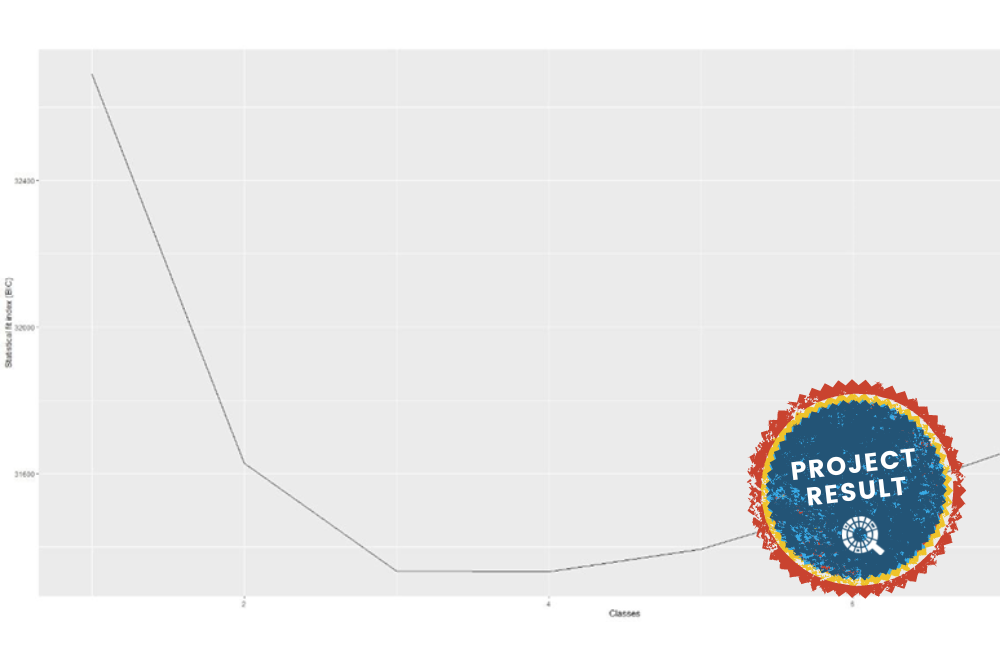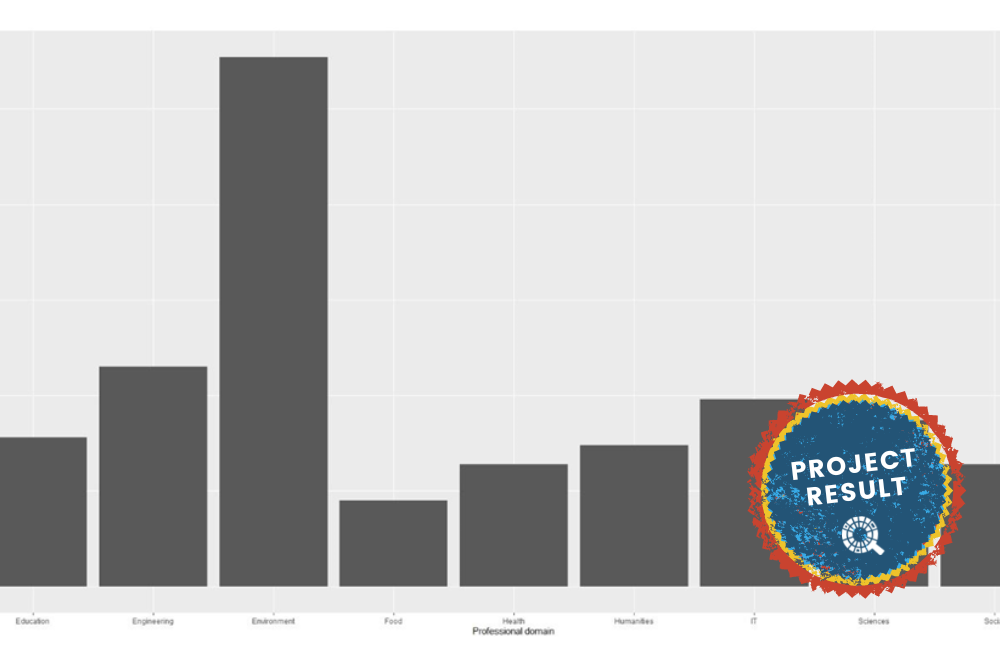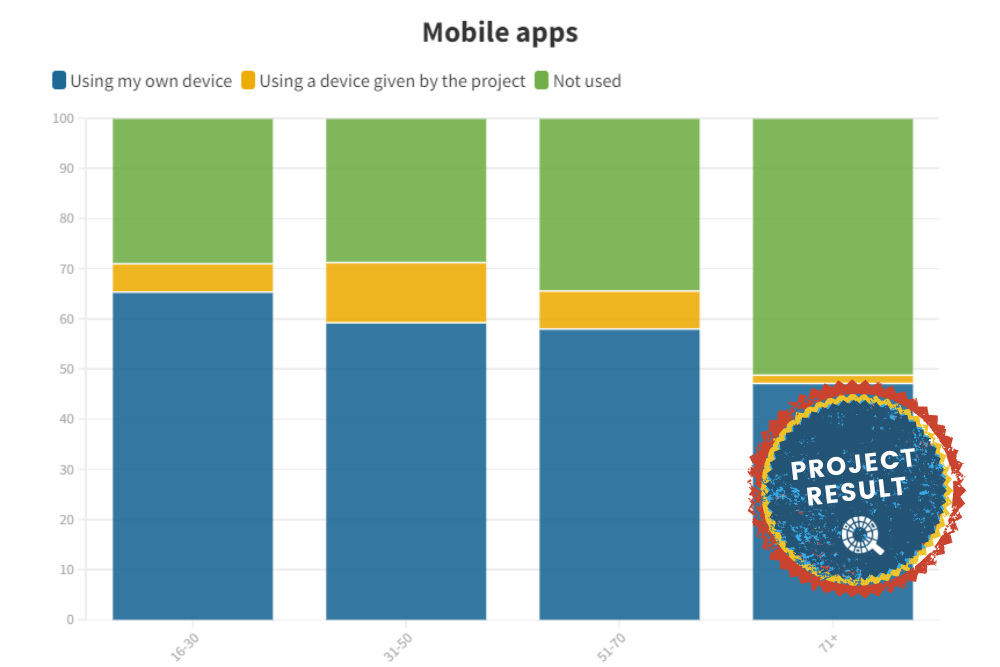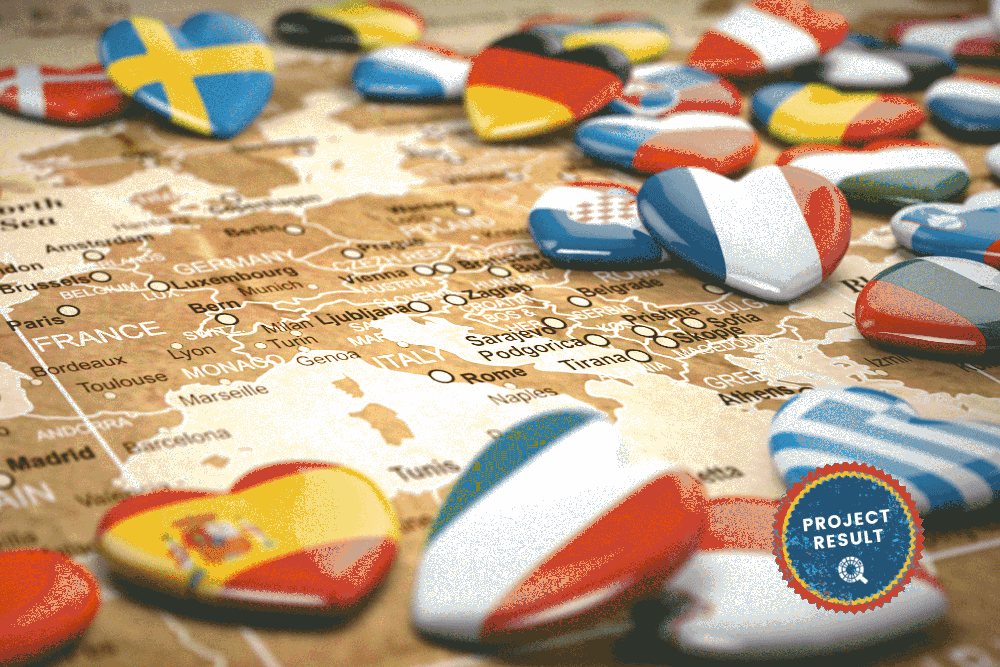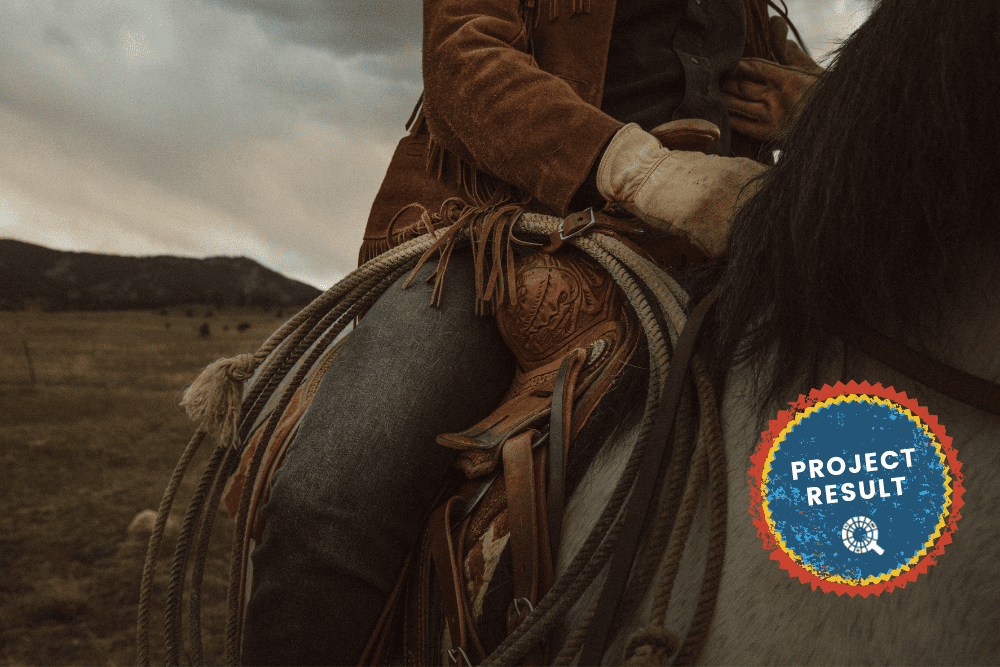Talking and interacting with others, searching for information from the Internet and reflecting on previous knowledge and actions were the three types of activities in which learning was most often reported.
When looking at the adopted roles and activities, citizen scientists felt like they had learned the most while searching for information from the Internet. In turn, individuals who adopted leadership roles, such as being the leader of a CS project, felt like they had learned the most while talking and interacting with others.
CS provides the public and professionals with opportunities to have a variety of learning experiences as they engage in different social and scientific activities. Interestingly, of the 12 different activities identified in a recent CS Track survey1 in which CS participants reported learning experiences, interaction with others and the search for information online as well as personal reflection were the three reported activities that provided the most significant learning experiences.
Figure 1. Activities reported to offer the most significant learning experience.
Figure 2. Heatmap.
How to interpret this data
CS activities also require participants to adopt different roles throughout a project, and these roles may shape their overall learning experience. This was also evident in the CS Track survey, which found that those who2 functioned as citizen scientists experienced the most learning through searching online for information. In contrast, those who served in managerial positions, such as managers and coordinators, experienced the most learning through interaction with others.
The slight difference in values between the tables is attributable to the fact that some respondents indicated adopting more than one role in CS projects.
Data Source
Based on the analysis collated in July of a survey conducted by the CS Track team from January until July 2021 in which adult citizen scientists (16 years or older) were asked to respond to a questionnaire regarding citizen science and CS activities. N = 1083 responses from 38 countries, 5 continents.
1. Based on the analysis of a survey conducted by the CS Track team from January until July 2021 in which adult citizen scientists (16 years or older) were asked to respond to a questionnaire regarding CS and CS activities.
2. One important limitation of the survey pertains to geographical skewness: 89% of survey respondents are European. Of these European respondents, 51% live in Finland. The survey respondents in Finland reported slightly lower learning outcomes.

